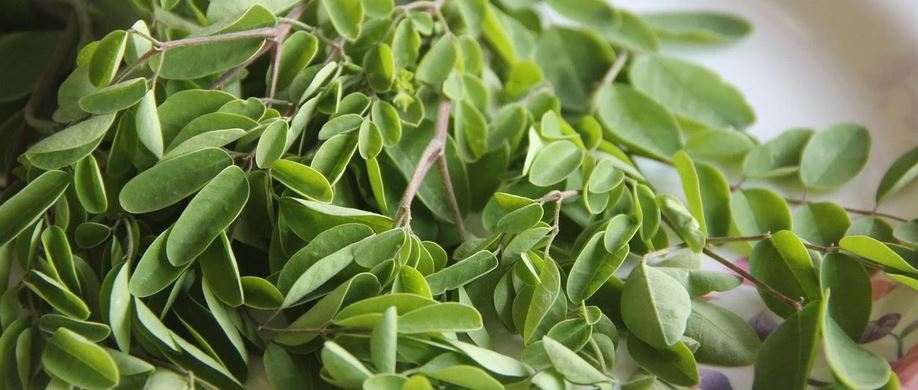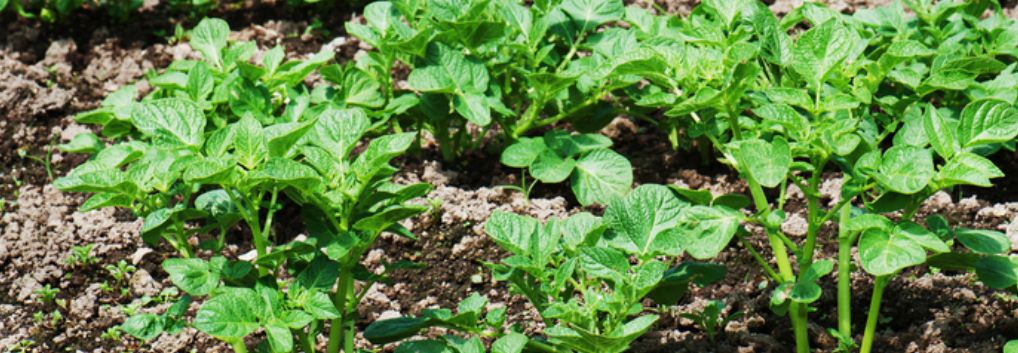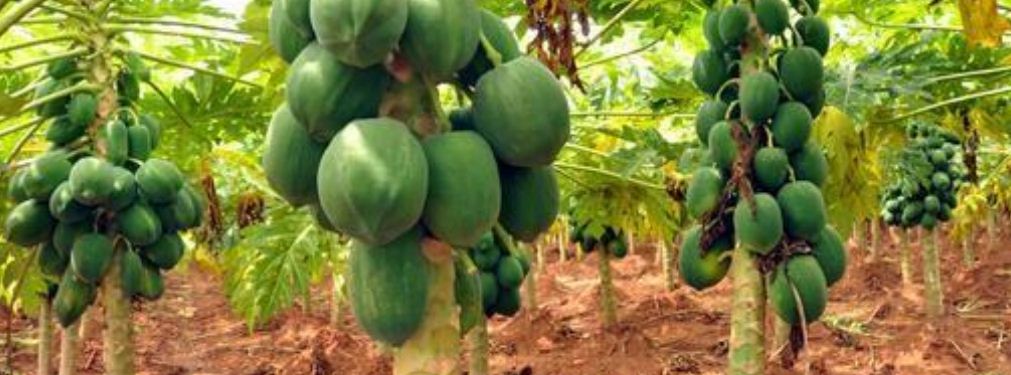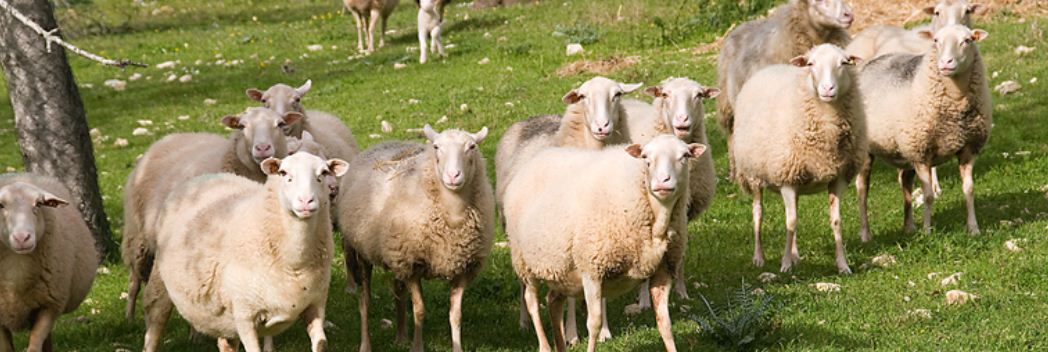Steps on How to Start a Profitable Moringa Farming Business

Moringa is called the "miracle tree" because of its high nutritional content, broad-spectrum disease-fighting abilities, and high demand in livestock & pet food. The plant has a rapid growth rate and is suitable for cultivation for either medicinal or farming purposes.
One can obtain a wide range of beneficial components for the body from this plant, which you find in pills, drinks, and beauty items. Moringa is a superfood that has gained popularity recently due to its numerous health benefits. It is also a versatile plant that can be grown in various climates and soil types.
25 Steps on How to Start a Profitable Moringa Farming Business
Adequate preparation is crucial to operating a successful Moringa farm. Ascertain people's wants and locate a spot with ideal soil and atmospheric conditions. Additionally, it is vital to invest in high-quality seeds, irrigation systems, and farming equipment and establish a reliable distribution network to ensure the timely delivery of the products.
This blog guide you through starting a successful Moringa farming business.
Step 1: Research and Planning
The inhabitants of impoverished nations have been cultivating it as a nutritious and low-maintenance food source for an extended period. The Moringa's importance has grown over recent decades as scientists have found it rich in health-promoting nutrients like protein and minerals.
Determine the size of your farm, the number of trees you'll need to plant, and the resources required to grow and harvest the Moringa trees.
Step 2: Invest in quality seeds and equipment:
Moringa uses a standard quality control process to ensure its products are high quality and meet industry standards. Invest in high-quality seeds and equipment to ensure your Moringa farm's success. It will help you produce healthy and productive trees and streamline farming operations.
To start a successful Moringa farming business, you will need the following equipment:
(a). Moringa seeds:
Moringa seeds are a highly nutritious and valuable commodity. You can purchase them in bulk quantities, the most cost-effective way to supplement your diet with these nutrients.
Moringa leaf is a traditional therapy that fights diseases such as diabetes and cancer but is also rich in vitamins A, C, D & E. It has been a long-time staple in traditional African diets because of its unique nutritional profile.
(b). Irrigation equipment:
Moringa is a plant that proliferates and requires only minimal care. It can thrive in various environments and produce about 20% more food per acre than other crops. Moringa comes in many varieties, with some being more drought resistant than others.
(c). Fertilizer:
Moringa is a fast-growing, drought-resistant, hardy plant that can grow in hot, dry places. It can thrive on almost any type of soil but requires a good source of nutrients to thrive. Organic fertilizers are great for gardening and are often less expensive than synthetic ones.
(d). Drying equipment:
Individuals harvest Moringa leaves from the Moringa tree. Due to high water content, the leaves and pods require prior drying before further use. You will need a drying system to turn the Moringa leaves and pods into powders, oils, or extractions.
(e). Packaging equipment:
Moringa Packaging equipment is a game-changer for farmers looking to streamline their operations and maximize their yields. With cutting-edge technology and innovative design, these packaging machines offer a range of benefits that can revolutionize the way farms package and distribute their products.
(f). Storage equipment:
In the world of agriculture, proper storage equipment plays a crucial role in preserving the quality and nutritional value of crops. When it comes to Moringa plants, this importance is further emphasized due to their delicate nature and rapid deterioration.
Investing in the right storage equipment for Moringa plants is not only essential for maintaining their freshness but also for maximizing their shelf life, ensuring that they retain their nutrients and beneficial properties for an extended period.
Step 3: Choose the Right Location
Moringa trees are tropical plants that can grow in various climates and thrive with little care. They provide shade, beauty, and a small amount of fruit for wildlife during summer. The leaves can be used as food by cattle and are rich in nutrients. Ensure the area is free from serious pests and diseases that could harm your Moringa trees.
Step 4: Prepare the soil:
You can employ compost, manure, peat moss, and leaf litter as fertilizers because they are all natural substances. Moringa prefers soil with a pH level of 6 for growth. From 0 to 70. It's possible to determine the acidity or alkalinity of your soil through testing and making necessary adjustments.
Step 5: Obtain Seeds or Seedlings
There are a few different ways to obtain Moringa seeds or seedlings. You can plant them in your backyard, which takes time and patience. Another option is to purchase them in stores.
However, the simplest way to start growing Moringa trees is by harvesting and planting seeds from a tree you see on your travels. You can purchase seeds or seedlings from reputable nurseries or online suppliers. Choosing high-quality seeds or seedlings is vital to ensure healthy growth and yield.
Step 6: Planting and Care
Moringa trees are a type of tree that can increase and produce a lot of edible leaves. You can plant them either directly in the ground or in containers. For growing at a distant location, create a hole twice the size of the roots. The environment within the spot should be manageable and able to facilitate water passage. Please provide the original text for me to simplify.
Moringa trees need lots of sunlight, are drought tolerant, can grow anywhere from sea level to high mountainside areas, and have survived long periods without water. If planting in containers, use a good-quality potting mix and ensure that the container has adequate drainage holes.
Moringa trees require regular watering, especially during the early stages of growth. Fertilize the trees with a balanced fertilizer once a month to promote healthy growth. Prune the trees regularly to remove dead or damaged branches and encourage branching and bushier growth.
Step 7. Maintain the Moringa trees
There are many benefits of using moringa trees as a sustainable food source. Moringa trees require minimal maintenance and resist pests such as termites and ants. However, keeping the trees free of weeds and pests is essential to avoid damage.
You can use organic herbicides and pesticides to control weeds and pests. Prune the trees regularly to promote growth and remove dead or diseased branches. Also, ensure the trees receive adequate water and nutrients.
Maintaining cleanliness and controlling pests is essential to prevent the spread of illnesses and problems in your Moringa plantation. Achieving optimum plant health and development requires the removal of ailing or dead sections, utilizing natural sprays and fertilizers, and vigilance against bug infestations or illnesses.
Step 8: Harvesting and Processing
Moringa is an extraordinary tree with a wide variety of uses. You can harvest this plant for its leaves, seeds, and pods. The use of this ingredient in Indian cuisine is traditional, and now it is becoming more common in American dishes."
The seeds have a wealth of healthy substances like vitamins and minerals, while its pods are high in protein, fiber, and antioxidants. It is possible to gather the leaves from trees measuring 1-2 meters in height, and you can get hold of the pod during its soft and immature stage.
Once the pods have dried and turned brown, they can extract the seeds from them. Once harvested, the Moringa leaves can be dried and ground into a powder, which can be used in various dishes or as a dietary supplement. The seeds can be cold-pressed to extract oil used in cosmetics and cooking. Utilize the pods for vegetable cooking or as a base for tea preparation.
Step 9: Marketing and Sales
Moringa is a tree that can be grown and harvested in different parts of the world. It is one of the most nutrient-dense plants on earth. Moringa has many health benefits, including strengthening your immune system and providing vitamins, minerals, and antioxidants.
Identify potential buyers for your Moringa products, such as health food stores, restaurants, and herbal supplement companies. Establish relationships with these buyers and promote your products through advertising, social media, and other marketing channels.
You can also sell your Moringa products directly to consumers through farmers' markets, online marketplaces, and your website. To maximize revenue and attract more customers, broaden your product assortment by selling various items, including tea blends, natural supplements, and skincare products.
In today's digital age, having a solid online presence is essential for any business. Make a website, and social media accounts to promote your merchandise, narrate your journey, and interact with your clients through the errfdInternet.
Understanding customers' preferences and desires is crucial for boosting sales and ensuring their satisfaction; having a good grasp of customers' wants and likes is essential. With the aid of this data, it is possible to develop superior products and promotional strategies that serve people's demands.
Partnerships with influencers can aid in disseminating information regarding your Moringa items. Identify people who exemplify your brand's values and wield a significant following within the specific group you aim to connect with. Collaborate with them to create content that showcases your products, highlights their benefits, increases brand awareness, and drives sales.
Step 10: Secure financing
More and more people are turning to Moringa farming to produce healthy food, sustainable living, and economic viability. However, the upfront investment required can be significant.
Explore financing options such as loans or grants to help you start your Moringa farm business. Document each expenditure, quantify your harvest, and evaluate your revenue from farm sales. This resource can aid you in making intelligent business decisions and monitoring your development.
Step 11: Implement sustainable farming practices
Farmers have a big responsibility when it comes to the environment. They have the power to change how their products are made and can significantly impact the world. Organic farming practices focus on creating a healthy ecosystem for plants and animals, while water conservation focuses on conserving water for future generations.
Moringa farming can positively impact the environment, but it's essential to be mindful of any potential adverse effects, such as soil erosion or water pollution. Implement sustainable farming practices to minimize your environmental footprint.
Step 12: Continuously improve and be adaptable
Moringa is a plant that produces several health benefits, such as antioxidants and anti-inflammatory properties. This plant can be grown in many different places and offers several benefits for consumers across the globe.
The Moringa farming industry is constantly evolving. Stay adaptable and be willing to adjust your strategies as needed to stay competitive and meet changing consumer demands. Continuously innovate and improve your products to stay ahead of competitors and meet evolving customer needs. It includes developing new product lines, updating packaging, or improving product formulations.
Step 13: Build a reliable team
Moringa farms are a sustainable way to produce healthy and nourishing food, but finding the right workers is challenging. If you hire inexperienced workers, you could be putting your business in jeopardy.
Hiring an experienced worker with previous experience with Moringa farming can help make your farm more successful. Once you establish the partnership, provide training and support to the retailer to ensure they are knowledgeable about your products and can effectively promote them to customers.
Step 14: Develop a distribution strategy
Retailers depend on solid relationships with their partners to drive growth and increase customer satisfaction. Regular communication and excellent customer service are vital in maintaining these relationships.
Decide how you will distribute your products to your customers. Options include selling directly to consumers, working with wholesalers, or partnering with retailers. Attend industry conferences, join farmer associations, and participate in community events to build relationships with other farmers, suppliers, and potential customers.
Step 15. Build brand recognition:
Branding involves setting your products apart and developing an individualistic identity for them. Individuals can achieve it through packaging, branding, messaging, and more. Branding is vital because it makes products stand out on retailer shelves and in customers' minds.
The design of your product packaging can impact consumer perception and purchase decisions. Consider investing in high-quality, eye-catching packaging communicating your brand values and product benefits.
Step 16. Consider certifications:
Certifications are more than a marketing tool. One of the many benefits of getting certified is that it increases the odds of finding a customer who values your product and will drive up sales.
Step 17. Diversify your products:
Moringa is an incredibly versatile plant in food and beverage, skincare, and supplements. There are numerous applications of Moringa across various domains. Consider expanding your business by diversifying your product line using Moringa.
Step 18. Seek advice from experts:
Moringa is a plant with an incredible history in traditional medicine that has now found its way into modern-day farming.
This revolutionary crop can provide farmers with various health benefits, such as clean water and nutritional food, to those in need. Moringa farming is booming, and the demand for farmers is growing exponentially.
They can provide helpful guidance and instructions to aid your comprehension and progression within the industry.
Step 19. Use technology to your advantage:
Farmers can benefit from the technology of apps and automation. By using these tools, they will be able to improve efficiency and streamline their operations. It will help them save time and energy by improving the quality of their products.
Step 20. Utilize email marketing:
Accumulating your email contacts is a vital aspect of any marketing endeavor. It can help you get more leads and customers, build community, and generate more revenue.
Step 21. Create educational content:
Moringa is a leafy green plant that has been in use in India and Africa for centuries. Moringa leaves have become popular recently as new scientific studies have found numerous benefits, including reducing inflammation and improving immunity. These benefits make Moringa a popular supplement for people with chronic illnesses or those looking to improve their health.
It can help establish your brand as a trusted authority and build interest in your products. Provide educational materials to retailers and customers, including brochures, videos, or online resources, to help them understand your products' benefits and uses.
Step 22. Develop a pitch:
Create a compelling pitch highlighting your products' benefits and why they would fit the retailer's customers well. Be prepared to answer questions and provide samples or other materials to support your pitch.
Step 23. Offer exceptional customer service:
Customer service is an essential part of marketing, and it's one of the only ways to connect with a customer and create loyalty. Several components are necessary when providing excellent customer service, including efficiently answering phone calls, providing personalized solutions, and creating a pleasant shopping experience.
Keep track of sales and customer feedback from the retailer to identify areas for improvement and continuously optimize your partnership. It could all be part of adjusting the pricing, presenting distinctive offers, or contributing to additional advertising initiatives.
Focus on ensuring customer satisfaction by providing high-quality products and excellent customer service. Consider offering exclusive products or variations to your retailer partners to give them a unique selling proposition and incentivize them to promote your products.
Offer promotions or discounts to retailers to incentivize them to carry your products and drive sales. To foster loyalty among stores, offer them special perks or concessions, express gratitude for their assistance, and cultivate a personal connection.
Step 24. Monitor competition:
Your competition constantly evolves, and you must do the same to stay ahead. If you're currently using a marketing strategy that doesn't work, it's time to change it. If you find your competitor has been offering a more attractive price tag, then it's time for you to raise your prices and provide an equivalent product or service.
Step 25. Attend trade shows and events:
The marketing industry is constantly changing to accommodate new trends and technological advancements. Marketing professionals must stay up-to-date with the latest trends and skills to stand out.
Trade shows are an excellent way for marketing professionals to gain valuable insights and connections with other industry professionals who can help them reach their business goals. Keep track of industry happenings and changing consumer behavior to ensure the effectiveness of your product offerings and marketing concepts.
Correctly establishing a Moringa farm business has the potential to yield substantial profits. The process of embarking on Moringa production mandates that you undertake thorough research, acquire ample funding, and equip yourself with comprehensive information.
With dedication, hard work, and a commitment to sustainability, you can build a thriving Moringa farming business that generates profits and contributes to your community's health and well-being.




